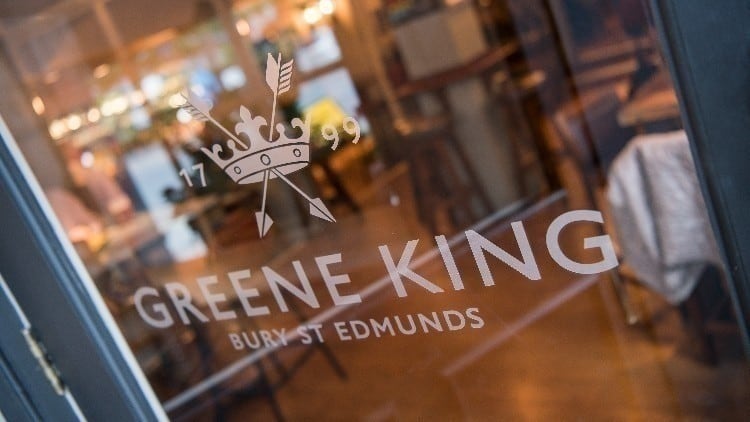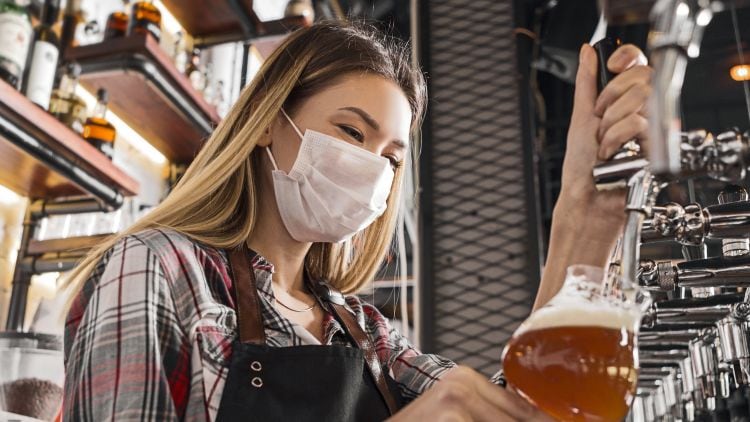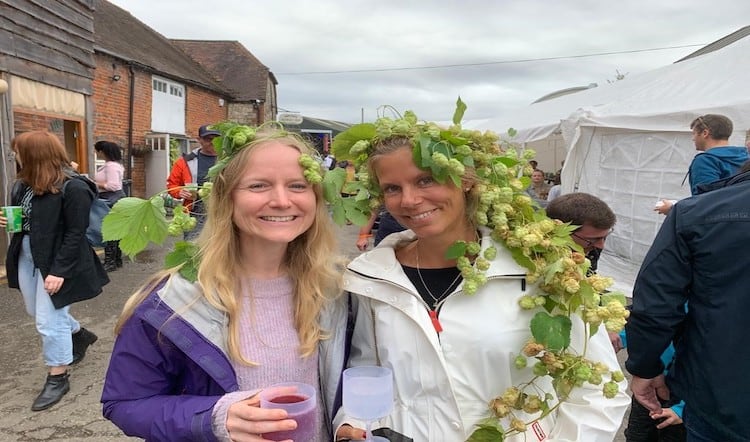The company was formed in Bury St Edmonds in 1799 by Benjamin Greene and during its first century, it grew from Greene’s Brewery to Greene, King and Sons after it merged with Frederick King’s St Edmunds brewery in 1887.
By the time the World Wars were over, Greene King had acquired Rayments Brewery and opened a new brew house. Furthermore, by the 1960s, a new bottling store had been built and the head office was modernised.
Fast forward to 1996, a two-decade long period of growth started with Greene King acquiring the Magic Pub Company, bringing the Hungry Horse brand into its estate.
Some three years later, the brewer and pub operator took over Morland for £219m. It meant the former would have control of 285 tenanted pubs as well as 123 managed sites, most in the Thames Valley area.
The group expanded by more than 500 sites in 1999 with the acquisition of Morland as well as Marston’s southern estate. It also meant beers Old Speckled Hen and Ruddles were brought into its beer range.
The new millennium saw Greene King’s estate grew further with brands including Old English Inns and Belhaven.
In 2001, Greene King consolidated the business after three major acquisitions – Oxfordshire brewer Morland, Beards of Sussex and a package of Marston’s pubs.
Company expansion
It included the sale of 75 pubs, which raised £31.5m and a profit over book value of £2m.
The business also added more than 100 sites from Old English Inns to its estate.
The following year, it snapped about 107 pubs in a £67m deal, acquiring Morrells of Oxford.
In 2004, it bought 432 neighbourhood pubs from Laurel Pub Company, former Whitbread-managed pubs. The company grew its managed pub estate from 700 to 1,000 during the credit crunch.
Just a year later in 2005, the company continued to grow when it secured The Belhaven Group – one of Scotland’s oldest and largest regional breweries.
Greene King announced its acquisition of the Loch Fyne Restaurants for £68.1m in 2007. The deal for the 35-strong chain marked the pub group’s first foray into the restaurant market.
In 2011, it agreed a deal to buy the 34-strong London-based Capital Pub Company for £93m, bringing the company’s Greater London estate to about 250.
In the same year, Greene King bought Realpubs – a group of 14 sites – for £53.1m. the company was owned 50/50 by private equity company Brockton Capital and founders Nick Pring and Malcolm Heap.
Recent history
Also in those 12 months, the company bought 12 sites across the north of England and Midlands, from Cloverleaf for £55.8m.
The company announced the sale of 275 non-core tenanted and leased pubs to Hawthorn, backed by Avenue Capital Group and May Capital LLP, for a total consideration of £75.6m.
Moving to 2015, Spirit Pub Company was acquired, which meant Greene King saw brands including Chef & Brewer, Flaming Grill, Wacky Warehouse, Taylor Walker and Good Night Inns were incorporated into its portfolio.
The deal, which was valued at £774m, was labelled as the most high profile in the pub sector in a decade.
Two years later, in 2017, the operator and brewer opened 14 new Farmhouse Inns sites in the previous 12-month period after the brand was identified as a specific growth area.
In results unveiled in the summer of the same year, the Spirit acquisition and disposal of 54 pubs from the combined estate and synergy contribution was revealed.
Most recently, in 2019, the £2.7bn deal for Greene King to be taken on by Hong Kong company CK Bidco was completed. CK Bidco – a subsidiary of Hong Kong-based property developed CK Asset Holdings – first announced plans to snap up the Greene King business in a deal that valued the pub operator at £4.6bn.
This has led to the pub company currently having some 2,700 pubs, restaurants and hotels across the country.
Looking ahead, according to its website, Greene King is looking to expand its Farmhouse Inns, Hungry Horse and Metropolitan Pub Co brands.





